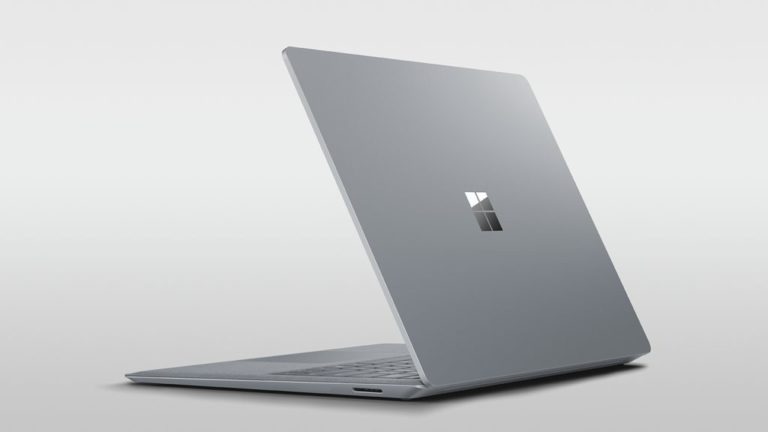Microsoft’s Surface products are being equipped with USB C connectors more often, but support for Thunderbolt 3 is still lacking. According to an employee of the tech giant due to a security risk that Thunderbolt 3 poses. A leaked video with the Windows employee also states that the inability to upgrade the working memory in Surface Laptop 3 has the same reason.
In the latest Surface Laptop 3 (review), Microsoft has chosen for a USB-C port, but without Thunderbolt 3 support. Even though Thunderbolt 3 can provide several advantages. Among them, significantly faster data transfer, connecting an external GPU and combining power, video, sound and data in one cable. Manufacturers such as Dell, HP and Lenovo do make use of the Intel-designed connection, so Microsoft was rightly asked why it chose not to use Thunderbolt in its own devices.
An anonymous employee of Microsoft believes that such support would be associated with a high-security risk. Since Thunderbolt 3 can directly access internal memory (Direct Memory Access), someone with a specially created USB stick could snoop around in the memory. Windows 10 would not previously be able to prevent such a targeted attack.
The same reason is given for not being able to upgrade RAM modules in the Surface 3. These are embedded and soldered in the laptop to prevent a malicious person from taking them out and then accessing them using a special card reader.
Remarkably, Microsoft itself ignored Thunderbolt 3 but provided improved security for other manufacturers using Thunderbolt 3 and Windows 10. Windows 10 recently received protection against Direct Memory Access attacks to better protect users. Whether that means future Surface products will get Thunderbolt 3 is still unclear.
